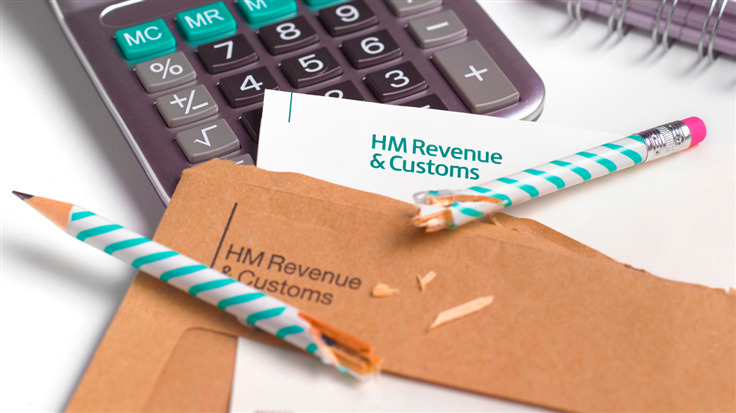The UK government has issued a warning for people to be on their guard against fake tax rebate scams as they gearing up to fill out their 2021/22 tax returns.
Ensuring your self-employed documents are correct and accurate can be a complicated business at the best of times. Having to worry about scammers making it all worse can make it a nightmare.
During tax season, a wave of bogus emails, texts, and even phone calls, can find their way into your workspace as you arrange your receipts and spreadsheets. The department responsible for tax in the UK, known as HMRC, has this to say:
In the 12 months to August 2022, HMRC responded to more than 180,000 referrals of suspicious contact from the public, of which almost 81,000 were scams offering fake tax rebates.
Criminals claiming to be from HMRC have targeted individuals by email, text and phone with their communications ranging from offering bogus tax rebates to threatening arrest for tax evasion.
Facts and figures
HMRC is quite aggressive toward scam portals and fakeouts generally. According to its release, in the 12 months to August 2022 it:
- Responded to 181,296 referrals of suspicious contact.
- Responded to 55,386 reports of phone scams.
- Reported 10,565 malicious web pages for takedown.
- Helped remove 48 phone numbers used for scams.
That is indeed a decent slice of takedown action. If you want to contribute to this tally, you can take any or all of the below steps:
- Forward phishing mails to phishing@hmrc.gov.uk.
- Suspicious texts can be forwarded to 60599.
- Bogus phone calls can be reported using an online form.
With all of this in mind: What can you do to keep yourself safe from fake HMRC-related messaging?
Avoiding scams in a taxing time
There are some common traits which show up time and time again in fake tax scam land. As you may imagine, much of it hinges on fictitious refunds. Often, it isn’t “just” your tax info or logins the scammers are hunting for. If they can drag more data of yours into the mix, they’ll do it without a moment’s hesitation. Here’s what you need to watch out for:
- Be very suspicious of so-called refund attachments arriving by email. The attachment may be malware, or try to direct you to a phishing portal. HMRC does not issue refunds in this fashion.
- Some fake refund portals will encourage you to “search” for your account by entering your email, date of birth, and other information. One fake search page later and you’ll be asked to hand over the rest of your information.
- A number of HMRC phishing attacks will branch out into phishing for bank portal logins. Whether the landing page has a padlock or not, you should not trust sites which arrive alongside refund or tax assistance claims. If you want to visit your banking portal, navigate to the site directly. Following a chain of links from a “too good to be true” email is a recipe for tax and banking disaster. On a related note, they may go after your email logins too. The same rules apply: Do not visit these links, and if you do, avoid entering logins / bank details / personal information.
- Treat urgent, out-of-the-blue phone calls with extreme suspicion. If they claim to be offering a refund but “only for a few more days” or even just the length of the call, this is incredibly suspicious behaviour. It’s designed to put the would-be victim off guard so they make a rash decision. No genuine call would prevent you from calling the official number yourself and following up. It’s a scam!
Stay safe out there!










